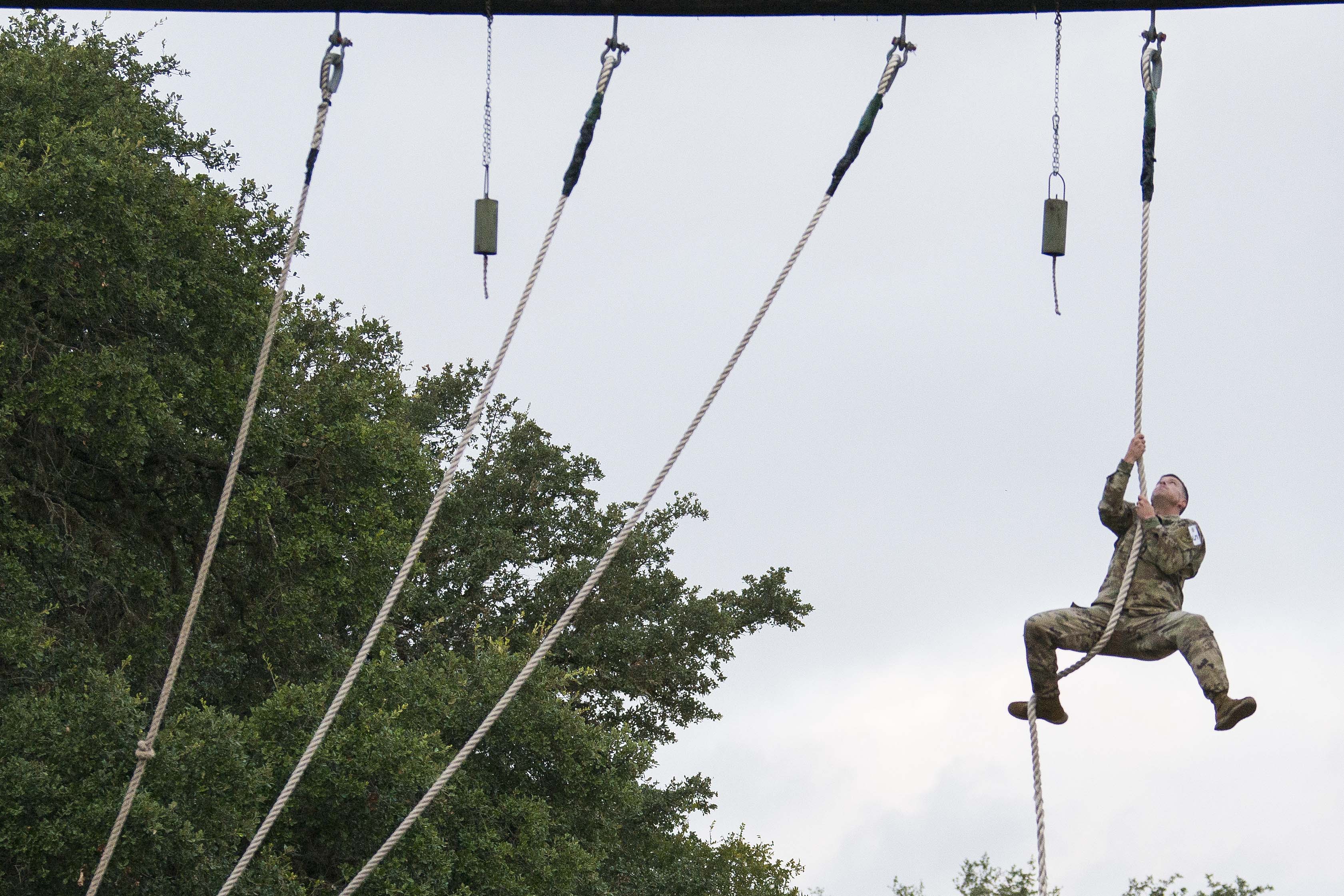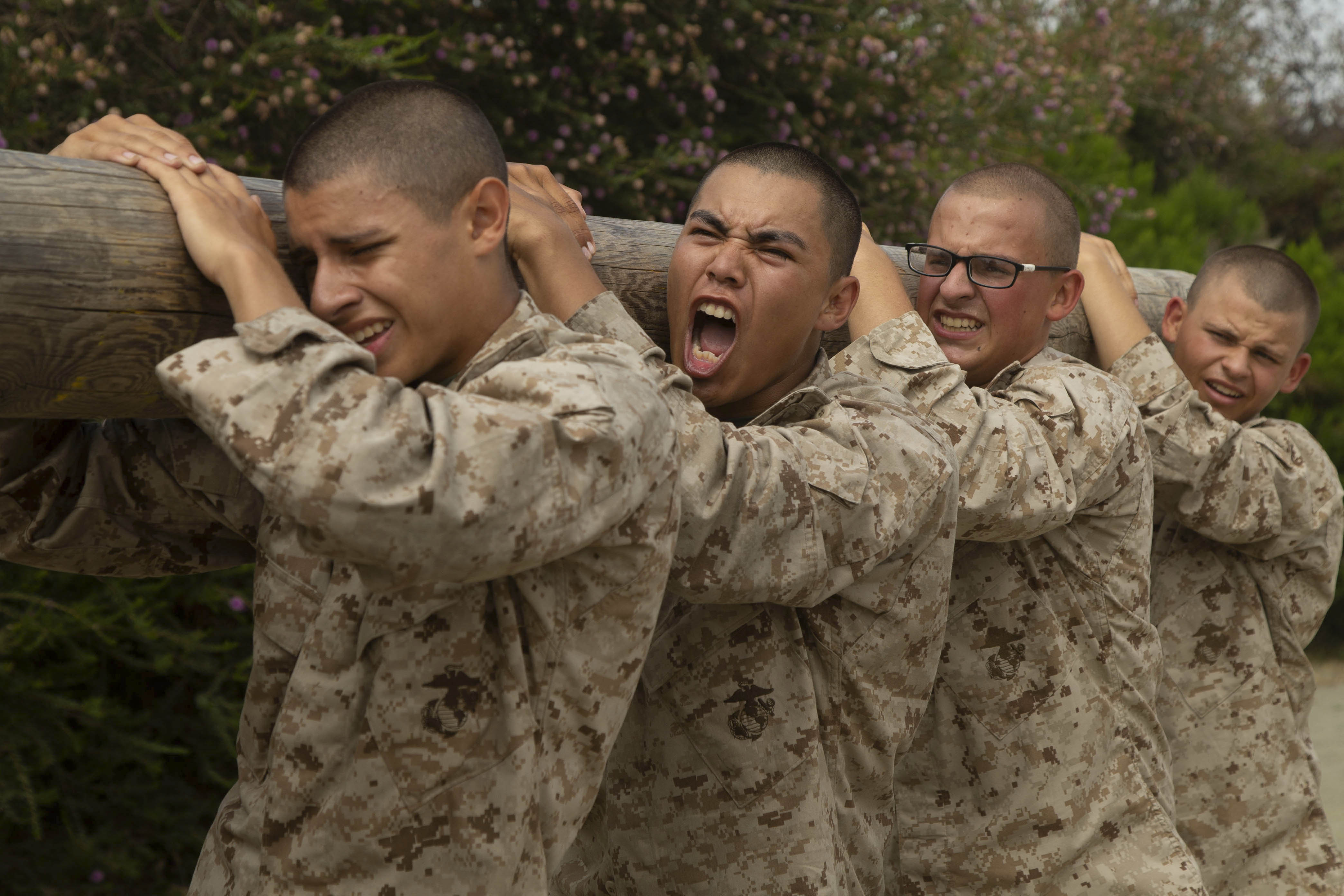
While at the 2016 Colorado Mental Health Professionals Conference, I had the opportunity to hear Dr. Irvin Yalom speak about his career, psychotherapy, and existentialism. One key point that I picked up on, out of many, is that clients in therapy often do not approach, consider, or talk about, death and mortality.
Not so with veterans.
I am intrigued by the idea of the Doomsday Clock. The Bulletin of the Atomic Scientists puts out periodic updates to this metaphorical “clock”, indicating how close civilization is to destroying ourselves through dangerous technologies of our own making. I consider the idea that we, as individuals, have our own conceptual doomsday clock…how much we are aware, at any given time, of how close we are to our own death. While not a perfect correlation with the actual Doomsday Clock, we as humans are sometimes more aware and sometimes less aware of our own mortality.
There are times in our lives when we are acutely aware of how close to “midnight” that we are. These often happen when we are faced with reminders of our mortality, such as near-miss accidents, natural disasters, or serious illnesses from which we recover. Sometimes this happens in the natural course of life, through milestones; the birth of my children, and reflecting on the birth of my children, makes me consider the miracle, and fragility, of life. Attending funeral services, wakes, and memorial services also remind us of the fleeting and transitory nature of life.
Sometimes we are hours away from midnight (I know I was, at age 22 and feeling ten foot tall and bulletproof) and sometimes we are minutes away from midnight when we realize how essentially temporary our lives really are. In his book, Schopenahuer’s Cure, Dr. Yalom describes a successful, and compassionate therapist who is diagnosed with terminal cancer, and spends the last year of his life doing what matters most to him…helping others. At that point, when we inch closer to midnight and are aware of that fact, is when we can truly start to appreciate and participate in life. In Loves Executioner, Dr. Yalom writes:
“A real confrontation with death usually causes one to question with real seriousness the goals and conduct of one’s life up to then. So also with those who confront death through a fatal illness. How many people have lamented: ‘What a pity I had to wait till now, when my body is riddled with cancer, to know how to live!” Irvin Yalom, Love’s Executioner
So why this morbid fascination with death? Why not, on a beautiful Colorado day, write about hope, or perhaps transformation? Because the idea rattles around in my head that military service members, regardless of whether or not they served in combat, have a Doomsday Clock set just a little closer to midnight than others. Combat Veterans, certainly, live their lives even closer to that point. Nearly every veteran I meet with has lost someone; until later in my career, I had lost more fellow Soldiers to accidents and illness, and attended more memorial services for non-combat related deaths than I did with combat related deaths. Jumping out of airplanes…now there’s an activity that will jump the clock forward a few hours. Military service members, regardless of their reasons for joining the service, quickly become aware of just how dangerous their profession really is.
Of course, after facing combat, the veterans are even more aware of their own mortality. The first indirect fire attack in Iraq occurred less than two hours after we got to the base, and really didn’t let up for fifteen months. The sooner that a combat veteran becomes aware of how close they are to midnight, the more comfortable they are to working within those timeframes; and, unfortunately, some veterans even try to push the hands of time even closer.
Maybe they’re not aware of it, until someone points it out. Maybe they’re not comfortable talking about it, especially with someone whose doomsday clock is set to two hours before midnight. Maybe it is because of the fact that many of their friends have reached midnight, and continue to reach midnight, year after year. We sometimes have the opportunity to see someone else’s doomsday clock, and understand exactly how close to midnight they actually are. Viktor Frankl in Man’s Search for Meaning, describes how he knew that a fellow prisoner had given up on life: in the concentration camp, cigarettes were a form of currency for most prisoners, bartering objects that provide respite, or sustenance. He said,
“The only exceptions to this were those who had lost the will to live and wanted to ‘enjoy’ their last days. Thus, when we saw a comrade smoking his own cigarettes, we knew he had given up faith in his strength to carry on, and, once lost, the will to live seldom returned.” Viktor Frankl, Man’s Search for Meaning
With everything, though, there is balance. With someone so close to midnight, if they become aware of it, they can choose to actually live. I’m not talking about recklessly sucking the marrow out of life, or cramming an immense amount of pleasure into the draining seconds of life, but to acknowledge that, with the limited time we have on this planet, we can choose to do those things that make us more fulfilled.
If you are a veteran, and disagree, then great! I’d love to hear about it. Many veterans I’ve talked to, though, recognize this idea. It doesn’t make them morbid, it doesn’t make them crazy…it makes them human. There’s nothing wrong with being a little bit aware of your own mortality, unless you take it too far and midnight comes sooner than it is supposed to by your own recklessness or carelessness.
If you’re not a veteran, but work with one or have one in your family, perhaps this is a small amount of insight into their mindset. Maybe this is a chance to become aware of their doomsday clock, to understand in a small way how they think and what they feel. Being aware of our own mortality can be both a blessing and a curse, like many things in this life….and like many things, which it is for us is based on our own internal point of view.



